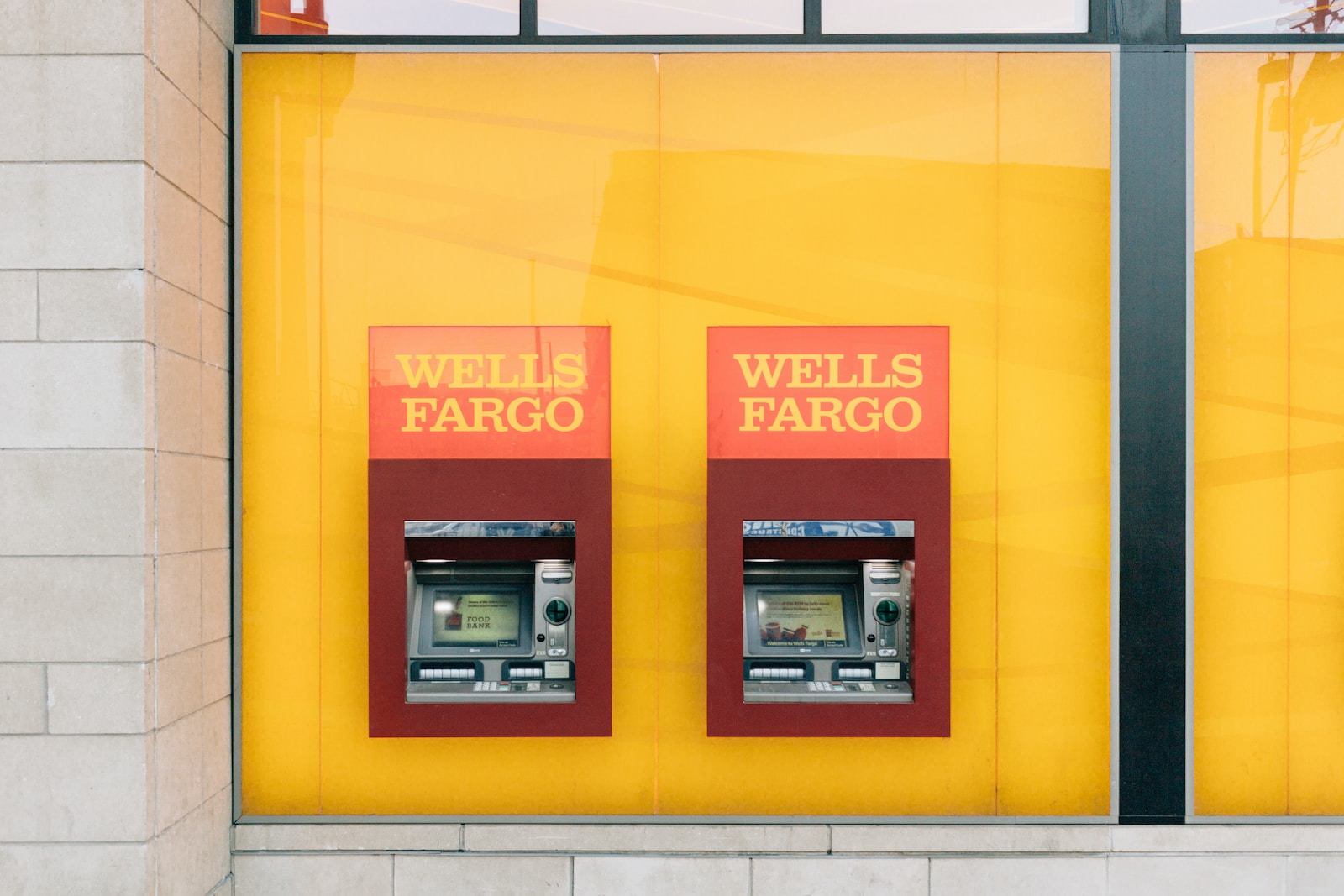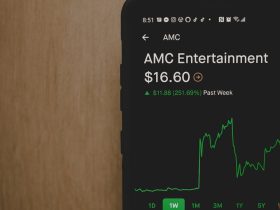In the whirlwind of contemporary financial markets, where profit margins reign supreme and the pursuit of wealth often overshadows moral considerations, the importance of ethical conduct in banking cannot be overstated. As we find ourselves in the age of ever-evolving financial landscapes, a renewed emphasis on the ethical framework governing banking practices has become imperative. But why should we care about ethics in banking? Well, picture this: you walk into your local bank, entrusting your hard-earned money to a financial institution that lacks ethical values. Suddenly, your bank is investing in ventures that harm the environment or exploit vulnerable communities. That doesn’t sit right, does it?
As a long-time advocate for ethical spending and a keen observer of financial dynamics, I’ve witnessed the pivotal role that ethics play in the sphere of banking. In this article, let’s delve into the multifaceted dimensions of ethics within the modern banking industry and explore how a conscientious approach can redefine the very essence of financial transactions.

A Paradigm Shift in Banking Ethics
Gone are the days when banking was merely synonymous with profit-making endeavors. The tides have turned, and consumers, as well as regulatory bodies, are demanding a more transparent and responsible approach from financial institutions. Banks are no longer confined to the sole objective of maximizing profits; they are now expected to operate as ethical custodians of people’s hard-earned assets, channeling funds toward socially responsible initiatives.
Take, for instance, the recent surge in sustainable and socially conscious banking practices. Ethical banks are now incorporating environmental, social, and governance (ESG) criteria into their investment strategies. They are directing funds towards renewable energy projects, supporting local communities, and promoting diversity and inclusion within their own organizational structures. This shift not only aligns with the global sustainability agenda but also reinforces the idea that banking can be a force for good in the world.
Transparency Breeds Trust
In the realm of banking, transparency is the bedrock on which trust is built. When financial institutions operate with utmost transparency, they foster a sense of confidence among their clients. As a result, customers feel assured that their money is being handled with integrity and used for purposes that resonate with their own values.
Consider the case of Bank X, which proactively discloses its investment portfolios and details the impact of its financial activities on the community and the environment. By providing comprehensive reports and updates on their ethical practices, Bank X not only attracts socially conscious clients but also sets an industry standard for transparent banking. This transparent approach not only fosters trust but also serves as a catalyst for other financial institutions to embrace a similar ethos.
Upholding Ethical Standards: A Case of Checks and Balances
Amid the intricate web of financial transactions and complex regulatory frameworks, upholding ethical standards demands a robust system of checks and balances within the banking sector. Adherence to ethical guidelines, coupled with stringent regulatory oversight, serves as a safeguard against potential malpractices and ensures that banks operate within the confines of ethical boundaries.
For instance, the establishment of comprehensive ethical codes and standards within the banking industry acts as a compass, guiding bankers through the ethical maze. Whether it’s avoiding predatory lending practices, preventing money laundering, or ensuring fair treatment of all clients, these ethical standards serve as a beacon of integrity in an otherwise tumultuous financial landscape.
Human-Centric Banking: Where Ethics Meet Empathy
In the age of digital banking and automated transactions, the human touch often gets overshadowed. However, an ethical approach in modern banking necessitates a renewed emphasis on empathy and customer-centric practices. It involves recognizing that behind every account number lies a human story, a set of aspirations, and a unique financial journey.

Imagine a scenario where a customer encounters financial distress and is unable to meet their debt obligations. An ethical bank would demonstrate empathy by offering tailored solutions, providing financial literacy programs, and ensuring that the customer is treated with dignity and respect throughout the process. This human-centric approach not only fosters long-term relationships but also underscores the pivotal role that empathy plays in ethical banking practices.
The Ethical Dilemma: Balancing Profitability and Social Responsibility
While the significance of ethical banking is undeniable, the conundrum of balancing profitability with social responsibility often presents a formidable challenge. Banks are profit-driven entities, accountable to their shareholders and stakeholders. Striking a balance between profitability and ethical conduct requires a delicate equilibrium, where financial prudence coexists harmoniously with a commitment to societal well-being.
Let’s consider Bank Y, which faces the ethical dilemma of investing in a lucrative yet environmentally detrimental project. In this scenario, Bank Y could opt for a sustainable investment model that aligns with its ethical values, albeit with a potentially lower financial return. By making such a choice, Bank Y not only prioritizes the long-term welfare of the planet but also reinforces its commitment to ethical banking practices, even at the cost of short-term profits.
The Road Ahead: Nurturing a Culture of Ethical Banking
As we traverse the ever-evolving landscape of modern banking, the need to nurture a culture of ethical banking has never been more pronounced. From integrating ethical values into core business strategies to prioritizing customer well-being over short-term gains, the road ahead demands a collective commitment to fostering an ethical ecosystem within the banking sector.
Imagine a future where ethical banking is not an exception but a norm, where financial institutions operate as ethical trailblazers, setting a precedent for responsible banking practices globally. This vision can only be realized through a collaborative effort, involving stakeholders, regulators, and consumers, all united in their pursuit of a financial system built on integrity, trust, and social responsibility.
The Ripple Effect: A World of Ethical Banking
In a world where the ripple effect of financial decisions resonates far beyond balance sheets and profit margins, the role of ethics in modern banking practices becomes even more significant. Every financial transaction, every investment choice, and every lending decision has the potential to shape the world we live in, leaving an indelible imprint on the fabric of society.
Picture a scenario where every individual’s savings contribute to initiatives that promote sustainable development, empower marginalized communities, and foster a more equitable society. This vision of an ethical banking ecosystem is not a distant dream but an attainable reality, awaiting our collective commitment and unwavering dedication to ethical principles.
Conclusion: Banking on Ethics for a Better Tomorrow
As we reflect on the intricate interplay between ethics and modern banking practices, one thing becomes evidently clear: the trajectory of banking is irrevocably intertwined with the ethical choices we make today. The future of banking lies in our hands, beckoning us to embrace a paradigm shift that transcends profitability and prioritizes the collective well-being of our communities and the planet.
In this journey toward a more ethical banking landscape, every individual has a role to play. Whether you’re a conscientious consumer, a diligent banker, or an astute regulator, your choices and actions can contribute to the transformation of banking into a force for good. Let us embark on this collective voyage, banking on ethics, and chart a course toward a more sustainable and equitable financial future.
Embracing ethics in banking isn’t just a choice; it’s a responsibility, a commitment to shaping a world where financial prosperity coexists harmoniously with social consciousness. So, let’s join hands and pave the way for a future where the principles of ethics illuminate the path toward a more prosperous and compassionate society.

































